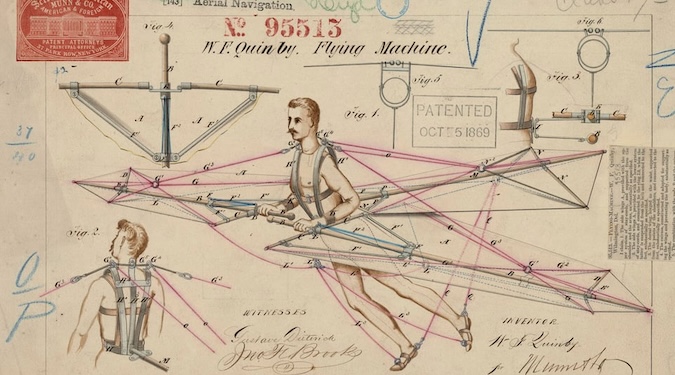Ebony Christian examines the potential role of the Bayh-Dole Act in national security-related technological innovation and IP rights with a focus on the Department of Defense’s (DoD) interest in leveraging private-sector technology.
Christian prefaces her discussion with an emphasis on the need for the United States to stay ahead of its adversaries to preserve its competitive military advantage in technology, as well as a review of the Bayh-Dole Act in the context of the National Institutes of Health.
Christian argues march-in rights are an avenue to combat harmful monopolies and abusive practices, yet ultimately they would have undesirable side effects for DoD. Instead, Christian discusses other proposals for boosting innovation and attracting private-sector partners, including streamlining intellectual property (IP) acquisition, extending other transaction authority (OTA), improving the iEdison database, public-private partnerships, and agency-funded venture capital.

